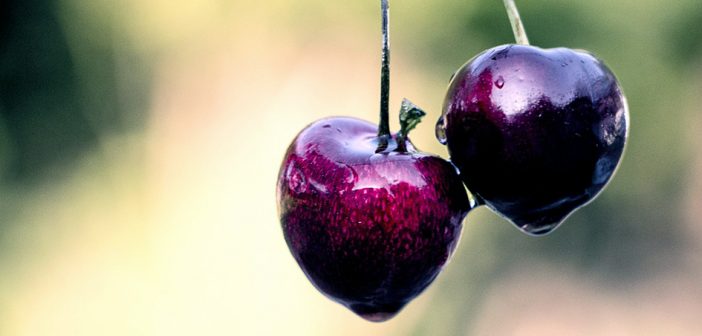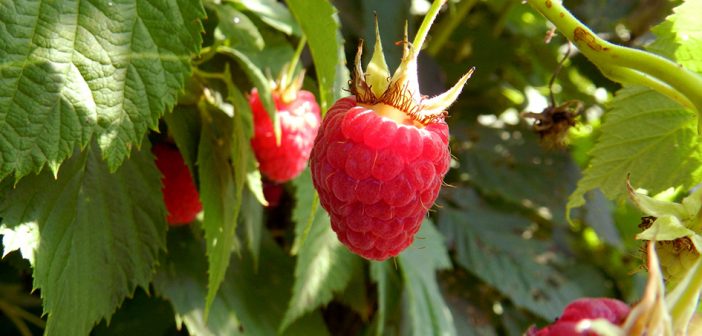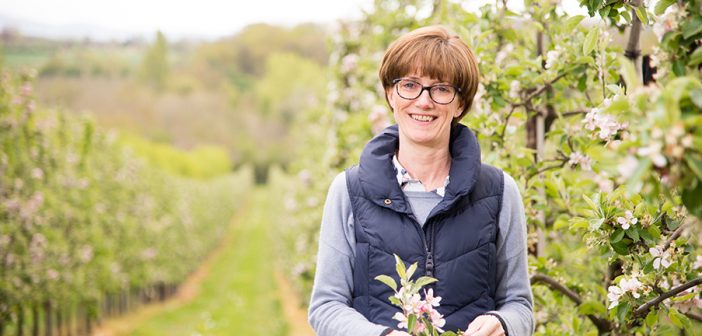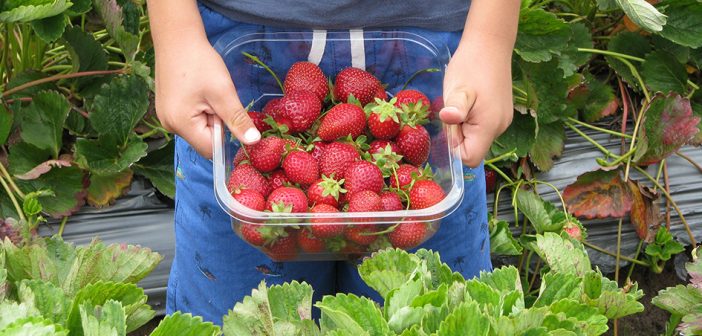Riverford founder and organic grower Guy Singh-Watson has warned that a no-deal Brexit will increase the gap in crop availability from March to May.
He told reporters that the availability of many UK grown organic crops such as kale, cabbage, greens, cauliflower, carrots, parsnips, swedes, apples, onions and potatoes all come to an end in March, while the harvest of new-season produce does not start until mid-May.
“For 30 years, Riverford has struggled with this reality – we even suspend our UK-only veg box from March to June because we often cannot find eight UK-grown items to put in it,” said Mr Singh-Watson. “While at Riverford, we import 30 per cent of our produce in the fallow March-May period, as a nation, we import about 50 per cent of our fruit and vegetables. And that figure starts to rise in the New Year, reaching about 80 per cent in April before falling again in June.
“If there was a “best time for a no-deal Brexit”, it would be July to September, as any gardener could tell our politicians. Were we to leave without a deal there couldn’t be a worse time than March 29, unless you like woody swedes and sprouting potatoes!” To fill gaps in UK production Riverford has established partnerships with small-scale organic suppliers in Spain, France, Italy and further afield.2
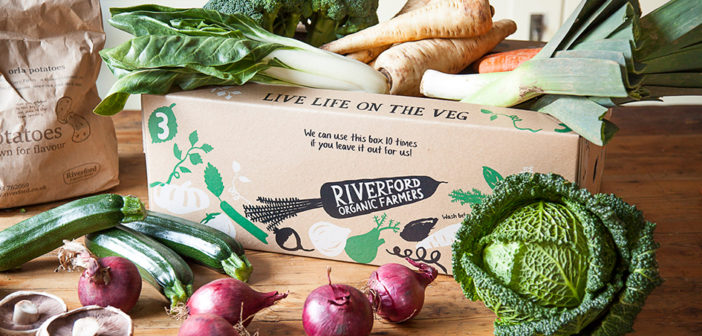
Photo Caption: Riverford already suspends sales of its UK-only veg box from March until June.
Photo Credit: Riverford
The post No-deal Brexit will lead to gap in crop availability appeared first on Hort News.

